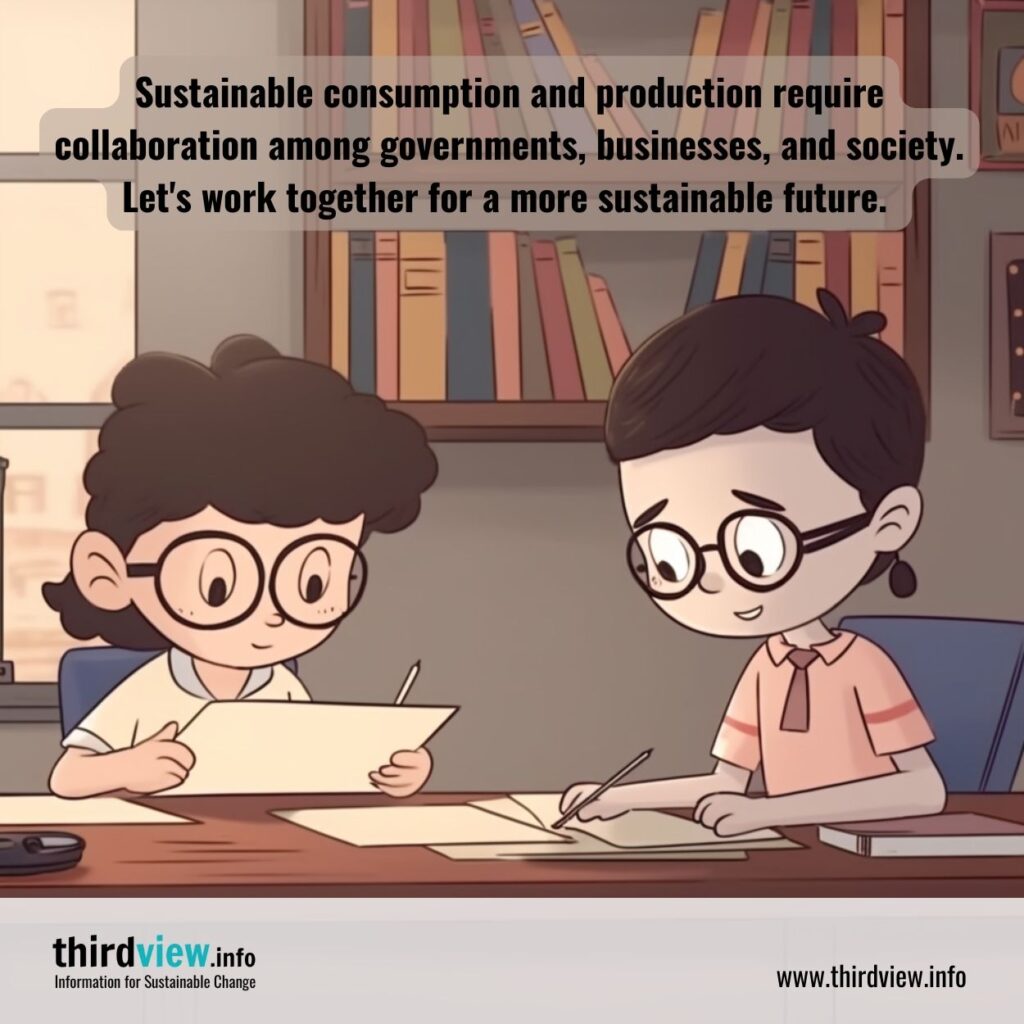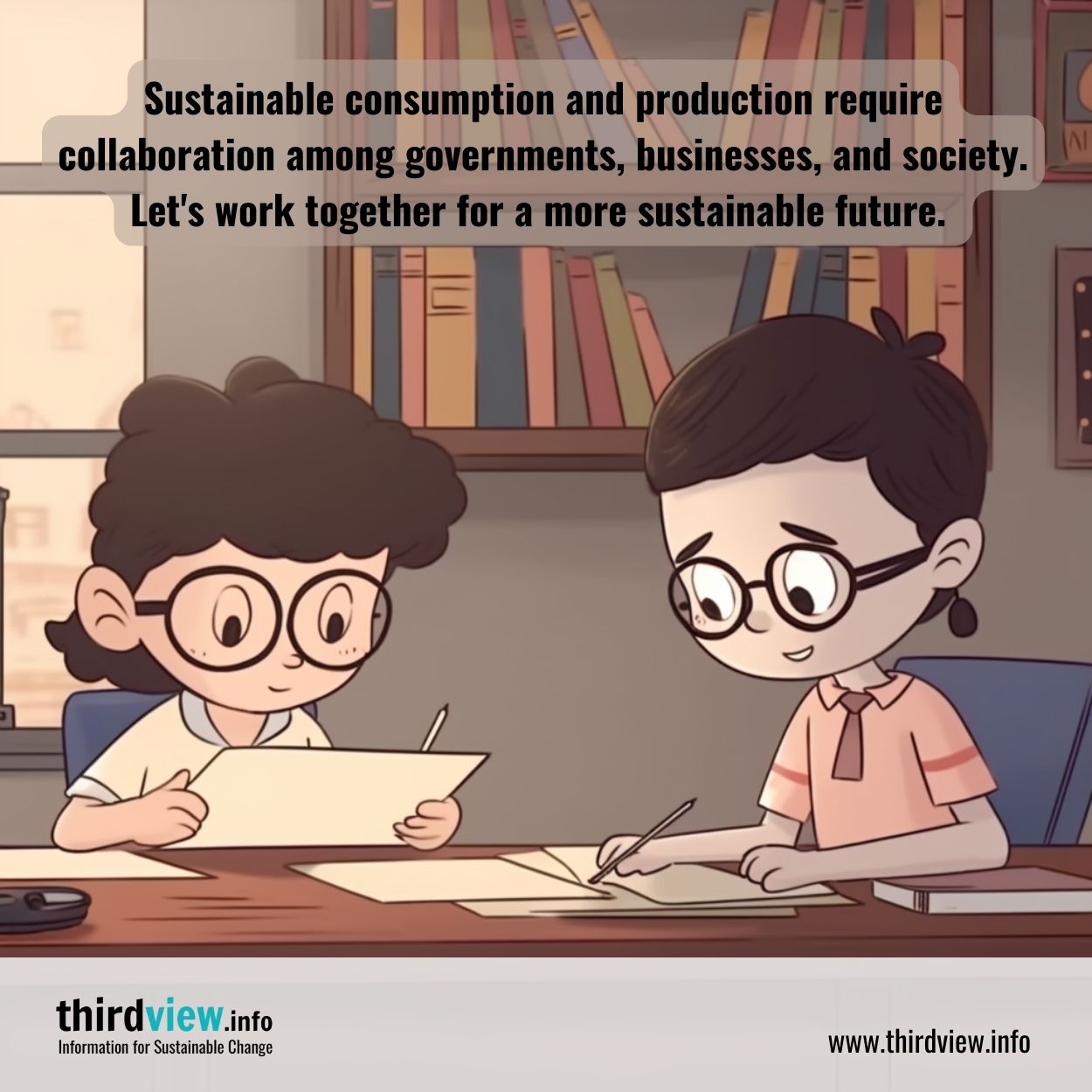Sustainable consumption and production refer to the use of resources in a way that meets the needs of the present without compromising the ability of future generations to meet their own needs. While the concept is gaining popularity, it is clear that transitioning to more sustainable consumption and production patterns will require the concerted efforts of all actors, including governments, enterprises, and society at large. International instruments have a crucial role to play in supporting these efforts. In this blog, we will examine some of the most important international instruments that have been developed to support sustainable consumption and production.
The 2030 Agenda for Sustainable Development, adopted by the United Nations General Assembly in 2015, is perhaps the most comprehensive international instrument in support of sustainable consumption and production. The Agenda consists of 17 Sustainable Development Goals (SDGs), each with specific targets to be achieved by 2030. SDG 12, “Ensure sustainable consumption and production patterns,” is particularly relevant to our topic. It calls for the promotion of sustainable lifestyles, the decoupling of economic growth from environmental degradation, and the adoption of sustainable practices by businesses and consumers.
The Marrakech Process was launched in 2003 to support the implementation of SDG 12. It is a global initiative that brings together governments, UN agencies, the private sector, and civil society to promote sustainable consumption and production. The Marrakech Process has produced a number of important documents, including the Marrakech Process Progress Report, which reviews progress on sustainable consumption and production around the world.
The United Nations Framework Convention on Climate Change (UNFCCC) is another international instrument that promotes sustainable consumption and production. The UNFCCC aims to stabilize greenhouse gas concentrations in the atmosphere at a level that will prevent dangerous interference with the climate system. The Paris Agreement, adopted in 2015 under the UNFCCC, sets the goal of limiting global warming to well below 2 degrees Celsius above pre-industrial levels and pursuing efforts to limit it to 1.5 degrees Celsius. Achieving this goal will require a transformational shift to sustainable consumption and production patterns.
The World Trade Organization (WTO) also plays a role in promoting sustainable consumption and production. The WTO recognises that trade and the environment are closely linked and has developed several instruments to address this link. For example, the Agreement on Technical Barriers to Trade (TBT Agreement) seeks to ensure that technical regulations, standards, and conformity assessment procedures do not create unnecessary obstacles to trade. The TBT Agreement also recognises that such measures can promote sustainable development.
Finally, the Organisation for Economic Co-operation and Development (OECD) has developed several tools to promote sustainable consumption and production. These include the Guidelines for Multinational Enterprises, which provide recommendations to companies on how to respect human rights and the environment in their operations, and the Sustainable Manufacturing Toolkit, which provides guidance to manufacturers on how to improve their sustainability performance.
In conclusion, various international instruments have been developed to support sustainable consumption and production. These instruments range from the 2030 Agenda for Sustainable Development to the guidelines issued by the OECD for multinational enterprises. It is important to recognise that transitioning to more sustainable consumption and production patterns is a complex and multifaceted process that requires the concerted efforts of all actors. Governments, businesses, and civil society must work together to achieve the sustainable future that we all desire. By embracing the principles and guidelines set out in these international instruments, we can move closer to this goal.


